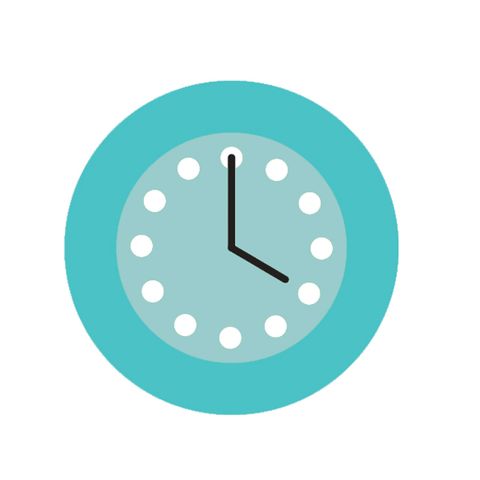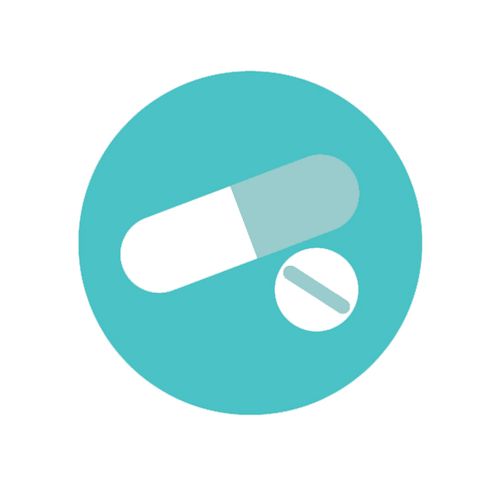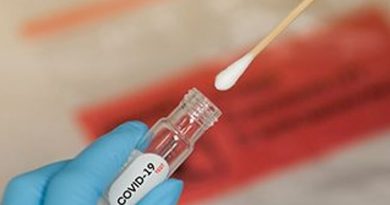How To Deal If Your Antidepressants Stop Working
Unless you’re a doctor, you’ve probably never heard the word “tachyphylaxis” (tak-i-fi-ˈlak-səs). It’s the medical term for a medication that has lost effectiveness, and according to new research, this happens on the reg with antidepressants.
In fact, up to 57 percent of patients on antidepressant drugs may have their symptoms “re-emerge,” according to a recent Harvard Medical School review. And in some cases, antidepressant medication may stop working entirely.
If you feel like your depression medication isn’t working the way it should, the first thing you should do is tell your doctor. “The source or sources of the problem need to be identified and corrected,” says Robert Hedaya, MD, a clinical professor of psychiatry at Georgetown University School of Medicine and founder of the Center for Whole Psychiatry + Brain Recovery.
Dr. Hedaya explains that a range of factors could lead to a reemergence of depression symptoms or a loss of antidepressant effectiveness—everything from a change in your relationship status to an underlying disease could be the cause. No matter what it is, your doctor can help you sort through all the variables and determine the best remedies.
To familiarize yourself with some solutions your MD may recommend, keep reading.
Prescribe psychotherapy.

Getty Images
If your antidepressant was working but seems to have stopped, it’s likely that the underlying cause or causes of your depression have not been appropriately addressed, Dr. Hedaya says. Put another way, antidepressants alone are not likely to keep your depression at bay in the long run.
“Medications are important, but nearly all studies show that taking medication along with psychotherapy is key,” says Michelle Riba, MD, a clinical professor of psychiatry at the University of Michigan Comprehensive Depression Center.
If one-on-one psychotherapy isn’t an option for you, joining a depression support group may also be helpful, Dr. Riba says.
Suggest a different dosage or new Rx.

Getty Images
It’s possible that your doctor may increase or decrease your antidepressant dosage to help restore its effectiveness. “But we’d first want to evaluate a lot of other things,” Dr. Riba says. For example, drinking or smoking more or less than you typically do could affect the way you respond to your antidepressant, she explains. So could taking other non-depression medications or supplements.
But if the problem really is your medication, increasing or decreasing your dosage could be effective, she adds. Of course, this is something your doctor should oversee. Never adjust your dosage unless you’ve gotten the green light from your provider.
Another option your doc may recommend: Trying a different type of antidepressant, since not all meds work the same way. If, for example, you’re taking a selective serotonin reuptake inhibitor (SSRI), trying a different class of drug might be helpful.
Ween you off your current medication.

Getty Images
Your doctor may recommend that you stop taking your medications altogether for a period of time. After taking a break, “responsiveness [to a medication] sometimes comes back,” says Steven Hollon, PhD, a professor of psychology at Vanderbilt University.
This process involves slow and careful weening—not simply going cold turkey—and you’ll need your doctor’s guidance to do this safely. (Read: Do not do this alone—seriously, guys!) During this process, it’s possible your depression symptoms may worsen. You may even become suicidal, Dr. Riba warns.
Suggest non-drug treatments.

Getty Images
There’s no question that regular exercise is important for your mental and physical health, but there’s also evidence that taking up exercise can help quell depression symptoms if your antidepressant isn’t working well.
A Baylor College of Medicine report recommends exercise as a helpful non-medication treatment for depression. And a 2019 overview of the research on exercise and depression suggests that all types of physical activity—from running to yoga—could help people manage their symptoms.
That doesn’t mean you should swap out your medication for exercise, but taking whatever your doctor recommends and also adding exercise could be helpful.
Source: Read Full Article



